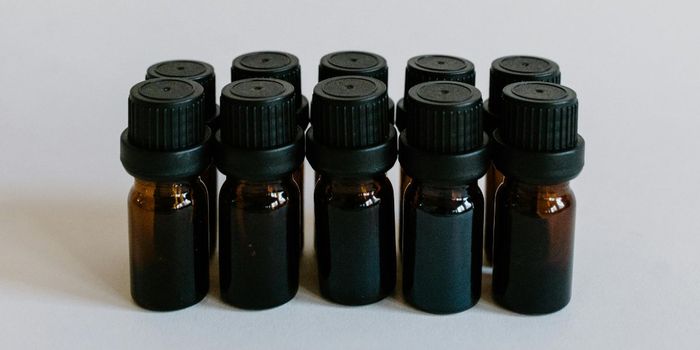Researchers Study Gene Expression of Enzymes Responsible for Cannabinoid Biosynthesis
A collaborative research effort involving researchers from York University, the Institute for Advanced Learning and Research, and Virginia Tech’s College of Agriculture and Life Sciences will study the regulation of the genes involved in cannabinoid biosynthesis. Only a few previous research studies have examined how the biosynthetic pathway is regulated. This study may lead to discoveries enhancing hemp cultivation approaches and cannabinoid product development.
The research team made a list of nine transcription factors they intend to investigate further to understand the genes’ role in cannabinoid biosynthesis. The researchers will observe key factors that activate the genes for enzymes and how altering these factors may impact the process. They will use modified profiles to engineer hemp cells and plants to better understand the regulation of the cannabinoid synthesis pathway. This study could reveal valuable insights into potential innovative treatments. According to lead author Dr. Bastiaan Bargmann, “If we can find ways to manipulate the biosynthesis so that, instead of these main ones (THC and CBD), we start to get other ones like CBG (Cannabigerol), CBN (Cannabinol), and others, then we can perhaps grow crops that have a greater economic value than the ones we currently have.” These horticultural advancements could potentially increase profits and minimize crop yield risks for growers. The crop must be destroyed when testing indicates a hemp plant exceeds the legal maximum THC level of .3%.
A 2022 study of cannabinoid biosynthesis found that cannabinoid biosynthetic genes are generally upregulated during flower maturation, which can increase gene expression with glandular trichome development and cannabinoid production in the maturing flower.
Discoveries could also help the pharmaceutical industry as cannabinoids are becoming increasingly significant for managing symptoms associated with anxiety, epilepsy, and cancer.
Sources: Eureka News Alert, Plant Direct








